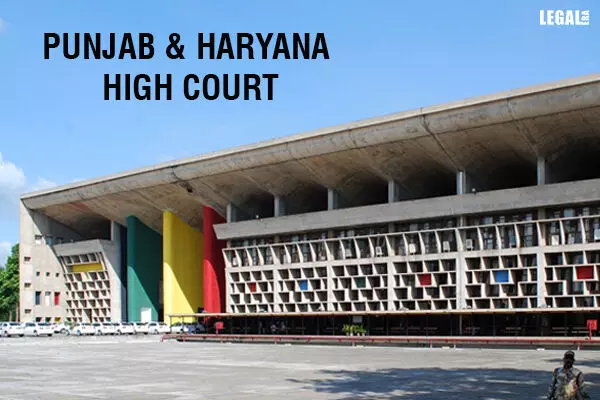- Home
- News
- Articles+
- Aerospace
- Artificial Intelligence
- Agriculture
- Alternate Dispute Resolution
- Arbitration & Mediation
- Banking and Finance
- Bankruptcy
- Book Review
- Bribery & Corruption
- Commercial Litigation
- Competition Law
- Conference Reports
- Consumer Products
- Contract
- Corporate Governance
- Corporate Law
- Covid-19
- Cryptocurrency
- Cybersecurity
- Data Protection
- Defence
- Digital Economy
- E-commerce
- Employment Law
- Energy and Natural Resources
- Entertainment and Sports Law
- Environmental Law
- Environmental, Social, and Governance
- Foreign Direct Investment
- Food and Beverage
- Gaming
- Health Care
- IBC Diaries
- In Focus
- Inclusion & Diversity
- Insurance Law
- Intellectual Property
- International Law
- IP & Tech Era
- Know the Law
- Labour Laws
- Law & Policy and Regulation
- Litigation
- Litigation Funding
- Manufacturing
- Mergers & Acquisitions
- NFTs
- Privacy
- Private Equity
- Project Finance
- Real Estate
- Risk and Compliance
- Student Corner
- Take On Board
- Tax
- Technology Media and Telecom
- Tributes
- Viewpoint
- Zoom In
- Law Firms
- In-House
- Rankings
- E-Magazine
- Legal Era TV
- Events
- Middle East
- Africa
- News
- Articles
- Aerospace
- Artificial Intelligence
- Agriculture
- Alternate Dispute Resolution
- Arbitration & Mediation
- Banking and Finance
- Bankruptcy
- Book Review
- Bribery & Corruption
- Commercial Litigation
- Competition Law
- Conference Reports
- Consumer Products
- Contract
- Corporate Governance
- Corporate Law
- Covid-19
- Cryptocurrency
- Cybersecurity
- Data Protection
- Defence
- Digital Economy
- E-commerce
- Employment Law
- Energy and Natural Resources
- Entertainment and Sports Law
- Environmental Law
- Environmental, Social, and Governance
- Foreign Direct Investment
- Food and Beverage
- Gaming
- Health Care
- IBC Diaries
- In Focus
- Inclusion & Diversity
- Insurance Law
- Intellectual Property
- International Law
- IP & Tech Era
- Know the Law
- Labour Laws
- Law & Policy and Regulation
- Litigation
- Litigation Funding
- Manufacturing
- Mergers & Acquisitions
- NFTs
- Privacy
- Private Equity
- Project Finance
- Real Estate
- Risk and Compliance
- Student Corner
- Take On Board
- Tax
- Technology Media and Telecom
- Tributes
- Viewpoint
- Zoom In
- Law Firms
- In-House
- Rankings
- E-Magazine
- Legal Era TV
- Events
- Middle East
- Africa
Punjab & Haryana High Court Sets Four-Month Deadline for Tax Authorities to Decide Petitioner's Appeals

Punjab & Haryana High Court Sets Four-Month Deadline for Tax Authorities to Decide Petitioner's Appeals
The Punjab and Haryana High Court has disposed of a writ petition, urging the tax authorities to accelerate the decision-making process concerning the petitioner's pending appeals. In response, the Court directed the authorities to issue the final orders on the petitioner's appeals within a specified period of four months.
The petitioner in this case sought to challenge the attachment notice and subsequent recovery of ₹6,48,120. Their plea included a request for the restoration of the attached funds or a directive for the tax authorities to promptly decide on the appeals they filed on February 19, 2022. These appeals were filed in response to both the assessment order and the penalty order.
As a result, the Division Bench of the High Court, comprising Justices Ritu Bahri and Kuldeep Tiwari, issued a directive to the tax authorities, instructing them to issue the final orders within the specified four-month period. The Court made this decision in response to the petitioner's plea, highlighting the urgency for expeditious resolution as the petitioner's bank account had been subjected to attachment during the ongoing legal proceedings.
While disposing of the petition, the bench made it clear that it refrained from expressing any opinion on the merits of the case. The Court's decision was limited to addressing the procedural aspect of expediting the decision-making process on the pending appeals and providing relief regarding the attachment and recovery of funds.



